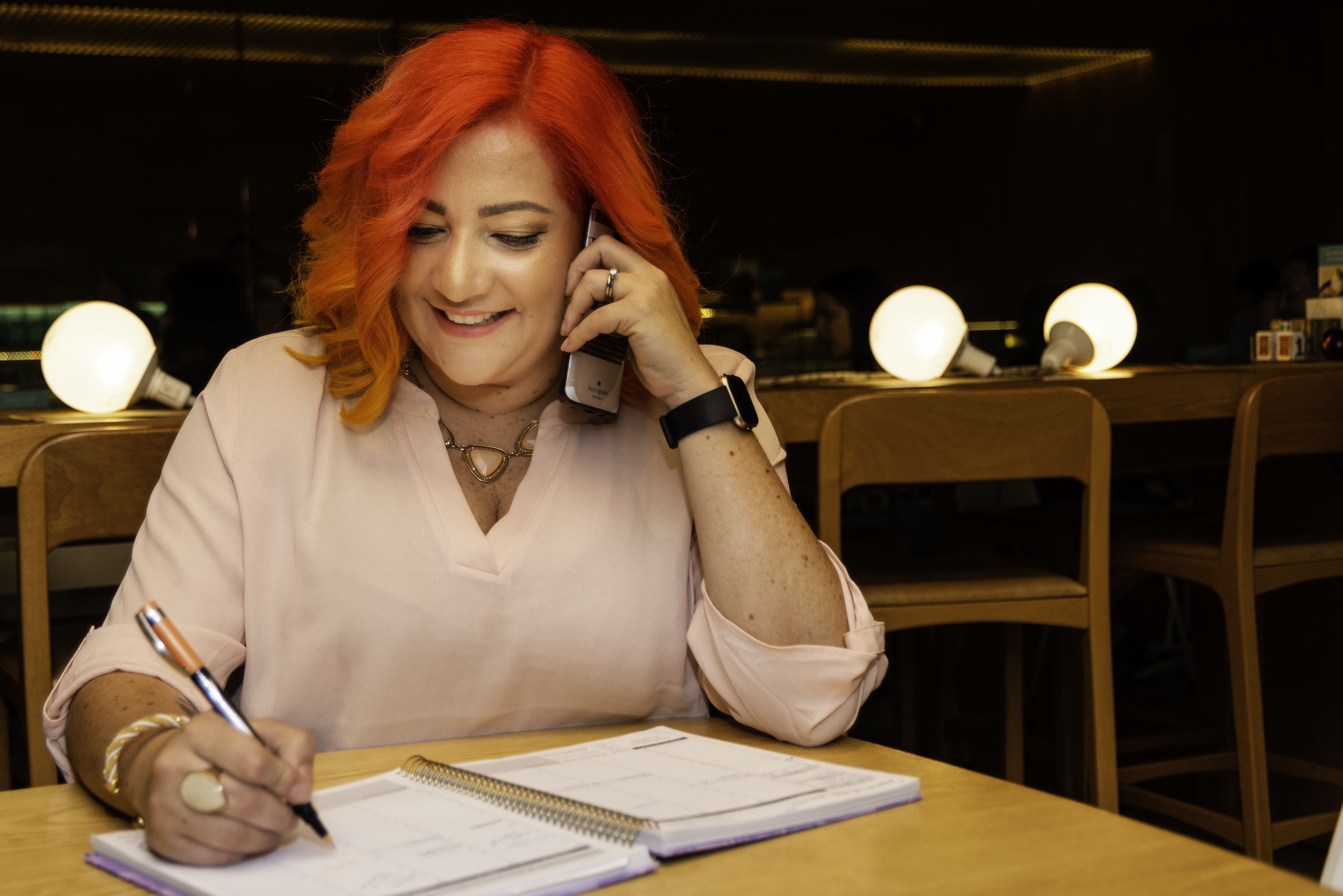Gradually, many of us who quarantined for so many months, working from home and close to our children, are starting to get back to the work place as they are all committed to being following strict COVID guidelines and procedures for safety. For those who have a small child, I imagine this can be a little difficult – it is as if they were reliving their return to work after maternity leave, or when the child leaves for their very first school day.
Unfortunately, it will not be like a normal return, as our perception of time differs from our little ones. For us, it may seem like a short period, but for them, it was certainly not. Whether they like it or not, they end up becoming more attached and dependent on their parents, because they are in their favorite loving and family company. It is important to remember that, in addition, the lack of social interaction and all the stress caused by drastic changes lead to changes in mood, appetite, sleep, and even changes in behavior.
As for parents who had more time to get to know and strengthen their relationship with their children, they may feel uneasy and guilty for being away from their little ones again. But rest assured! It is possible to have a good relationship and be close to your child, even if you don’t spend all day with them anymore, because we are all experiencing a new routine and going through it together.
Be honest about your feelings
Before anything, we need to accept the fact many people are returning to our work routine and that life goes on. It is also a great time to acknowledge that many also didn’t have the privilege to be quarantine and remained working in the front lines throughout all of this. Be grateful you have this gift instead of feed-in fear.
We are human, we have limitations and we are doing our best according to our limits, so we should not only have love for our children, but for ourselves as well. We know that it is difficult not to be afraid at this moment, mainly, because after everything that happened this year, we are all in shaky emotional health. However, we need to work on this and balance ourselves so as not to pass this on to children. We need to pass our choices on to our little ones, but that does not mean not being guided by fear or pretending that everything is fine.
If the little one asks about what is going on or sees that you are not well, explain why you are like this, but assure them that they will overcome this together, supporting each other. Tell the little one that you will always be with them, even if not physically.
Understand that it is normal to also have ambiguous feelings, such as the desire to return to the regular work in the office routine and the relief of not having to work in the chaos that was at home, but still missing the little ones. In those moments, the help of a professional or a conversation with a loved one can help you better understand everything that goes on inside. Although society preaches the reverse, with all the stigma surrounding working with a psychologist or other mental health professional, demonstrating the need for support and asking for help is not only a sign of courage but the understanding and caring for yourself. After all, if we are not well mentally, we cannot expect to be able to understand and help others. If our cup isn’t full, there is nothing to pour from.
Who will you be caring for the children?
Although many things are resuming its new normal course, schools and daycare centers are still very cautious, mainly because they have a great responsibility to take care of these little humans who are not yet mature to be accountable for their self-care. Some returned very cautiously, but we still see parents with a lot of resistance with reason.
We know how important socialization is, especially at this stage of child development. Parents who choose to return their children to school may not have any other choice. It is necessary, though, first, to teach health literacy! Personal hygiene, how to wash hands thoroughly, try to keep a safe distance from their colleagues, not putting hands in the mouth when sneezing or coughing, etc. And, obviously, not going to school if they are sick or show any symptoms they may be getting the slightest cold.
Many curricula that are used in early childhood classrooms are available on the internet to help teach about hygiene. If the parents choose to have the help of a professional to take care of the child, it is recommended that someone is well qualified and has certification or training on the coronavirus, so that they know about all the signs, symptoms and care regarding the disease at home. And how to navigate public environments or when in contact with other people. Staying with grandparents is only valid if the child is under quarantine, as we know that the elderly are at high risk.
Psychological preparation of the child
The beginning of the quarantine was one for drastic changes and, in a way, chaos, from one day to the next, no one else could leave their homes. Now, at least, we have a vague idea of what the next few months will look like in this ‘new normal.’ We can take advantage of what we’ve learned and how we’ve adapted and we plan for the coming months.
Explain to your little one that you will return to work outside the home, that your daily life together may change, but that it is a process. Ask them how they feel and say that you will decide together on what the new family routine will be like.

